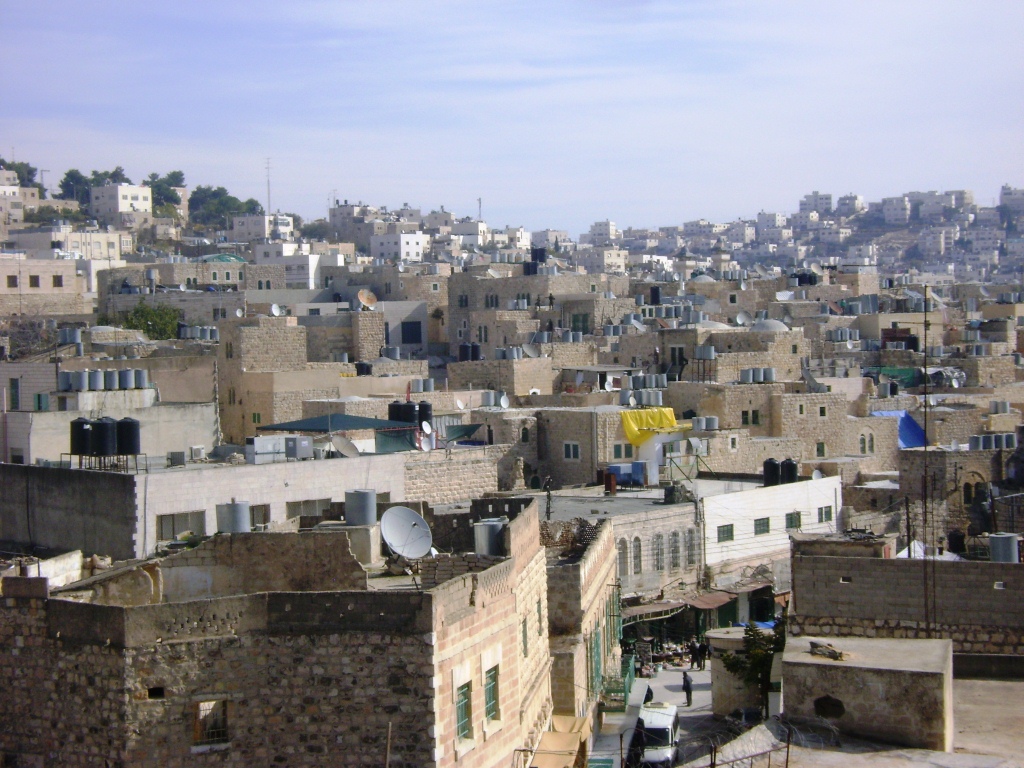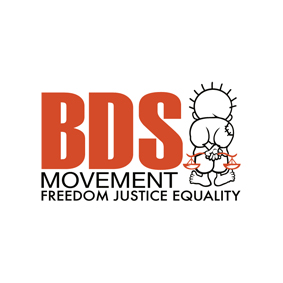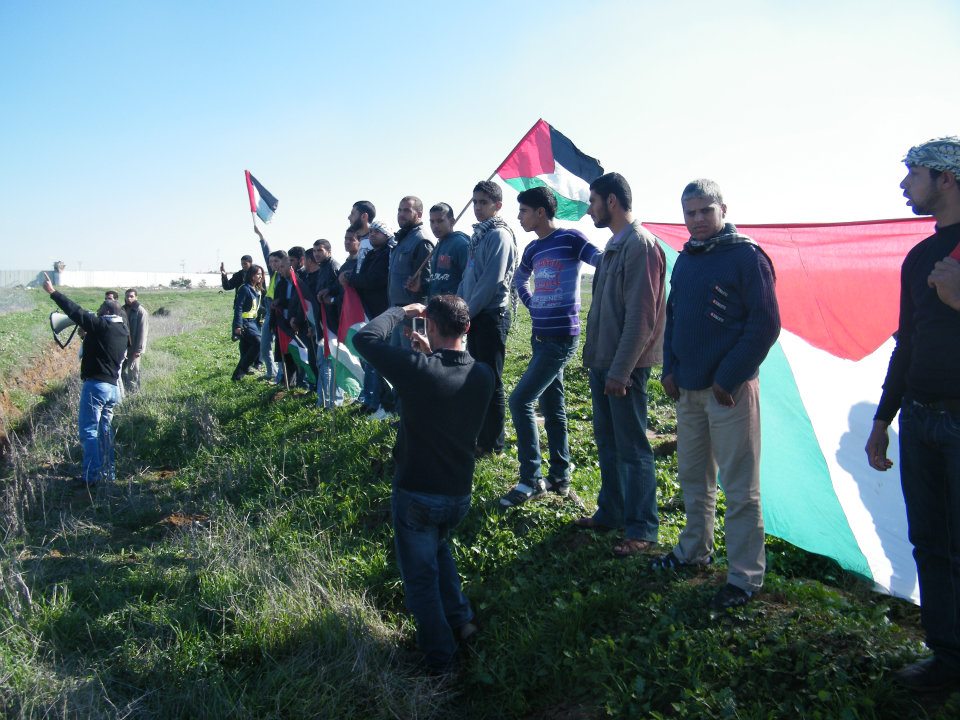Tag: BDS
-
Palestine doesn’t ask for aid, but for freedom and recognition
by Emma 13 January 2012 | International Solidarity Movement, West Bank I always knew I would go to Palestine one day. It wasn’t until I met my four friends from Gaza, Motasem, Mohammed, Hussein and Mo’min, during my time as an exchange student at a Turkish university, that I finally decided to go. Their humble and honest…
-
Report: Third National BDS Conference, Hebron, December 17
9 January 2012 | Palestinian BDS National Committee On 17 December 2011, Palestinians gathered in the city of Hebron in the occupied West Bank for the Third National Boycott, Divestment and Sanctions (BDS) Conference. The event took place against the backdrop of continuous Israeli violations of Palestinian rights, and a growing resistance against injustice worldwide…
-
Gaza will not kneel
27 December 2011 | Palestine’s Youth – Local Initiative – the Popular Resistance Activists, Gaza – Palestine Twenty-three consecutive days of horrendous attacks on the Gaza Strip by the IOF (Israeli Occupation Forces) left more than 1500 Palestinians dead and many more injured. Most of the victims were women, children and elderly people. According to the…



